We usually write about new contemporary artists at Bored Panda, but these fascinating discoveries recently made by a team of archeologists in the Turkish city of Zeugma has given us the opportunity to witness the unveiling of Greek and Roman art that hasn’t been seen in thousands of years.
The site caught the attention of the international archaeological community when it was threatened by flooding due to the construction of a nearby dam in southern Turkey in 2000. When a team of archaeologists led by Professor Kutalmış Görkay of Ankara University began excavating, they found stunning and well-preserved glass mosaics rich with color.
Read on for more information about this fascinating find!
These stunning 2000-year-old mosaics were uncovered by archaeologists in the Turkish city of Zeugma
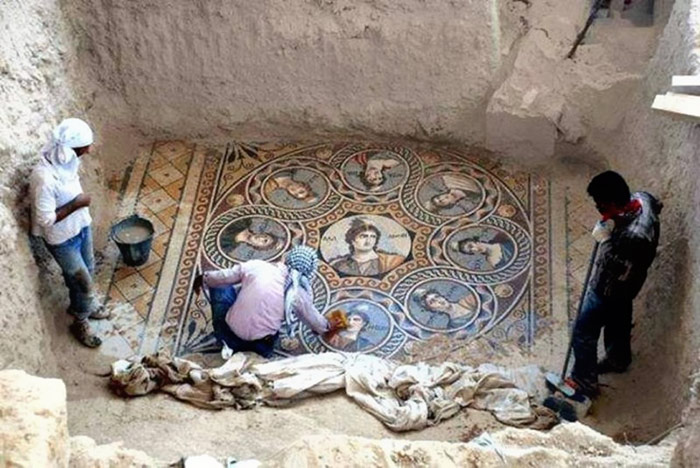
Rich mosaics like these decorated people’s homes with characters from ancient Greek mythology
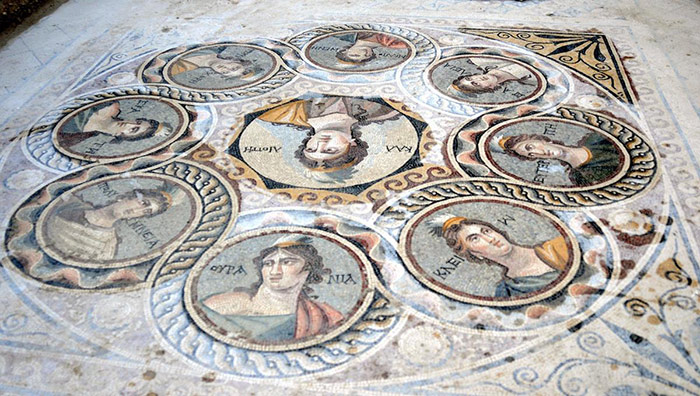
“They were a product of the patron’s imagination. It wasn’t like simply choosing from a catalog,” Professor Kutalmış Görkay told Archaeology.org
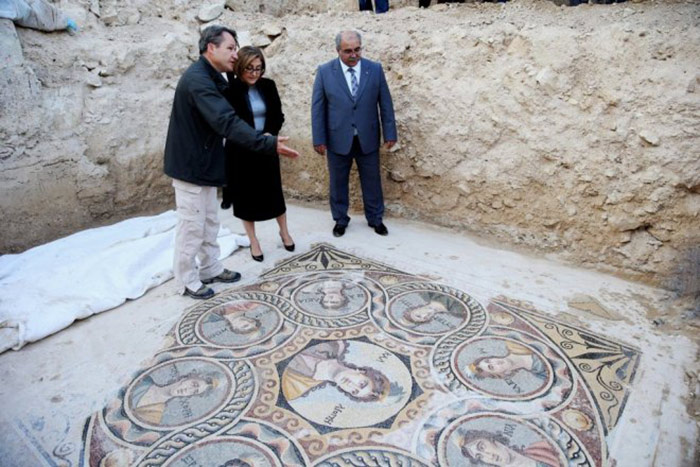
“They thought of specific scenes in order to make a specific impression. For example, if you were of the intellectual level to discuss literature, then you might select a scene like the three muses”
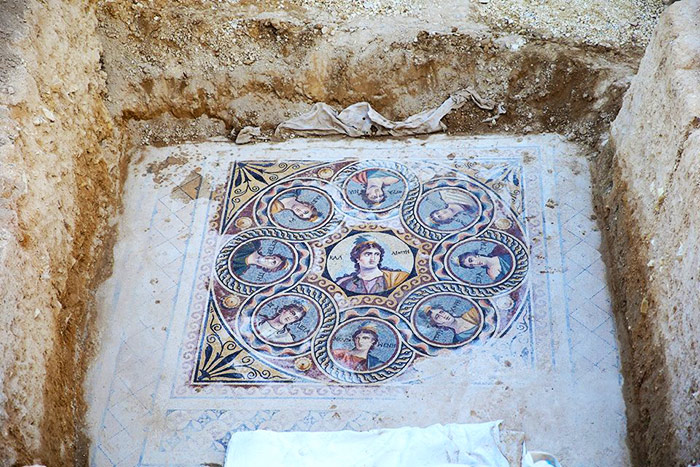
The archaeological community was inspired to excavate when they heard that the city was being flooded by a nearby dam
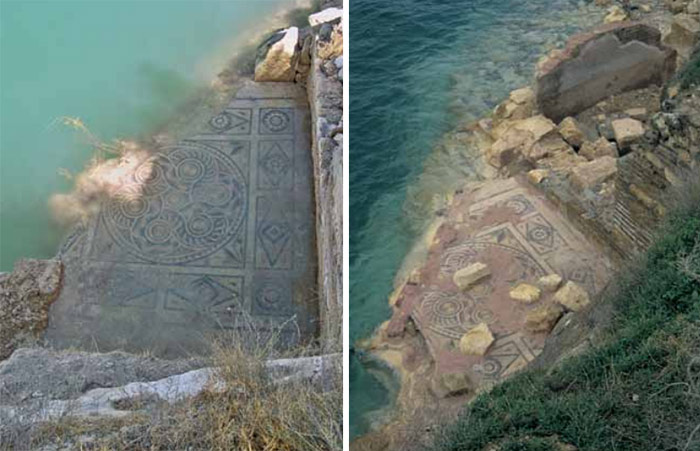
Here is the mosaic pictured above after being saved and restored
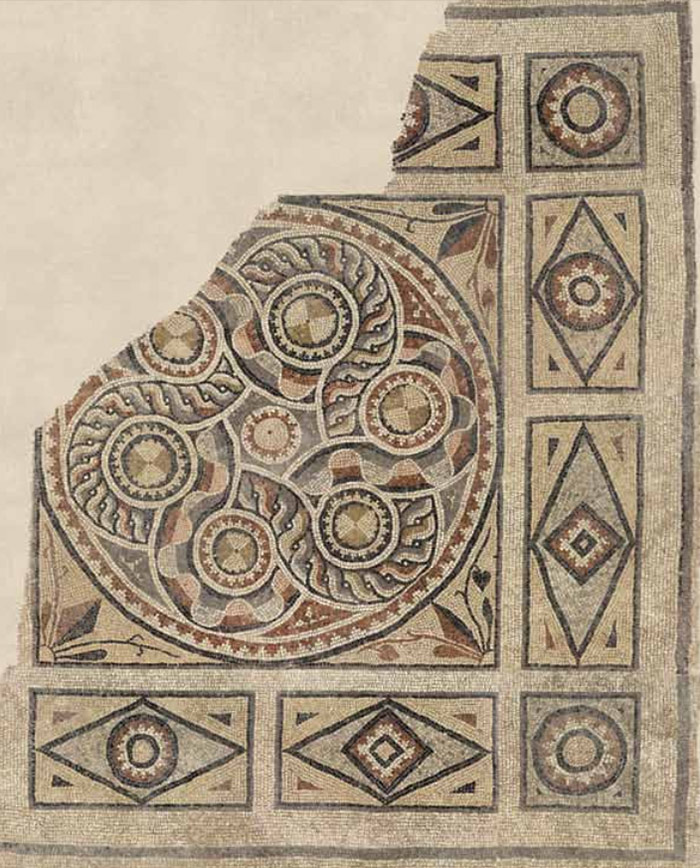
The Greeks named the city “Seleucia” when they founded it in the 3rd century BC
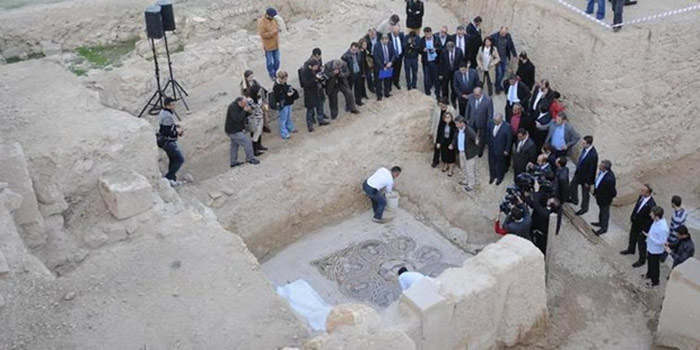
The Roman empire conquered the city in 64 BC, renaming it to Zeugma (meaning “bridge” or “crossing” in ancient Greek)
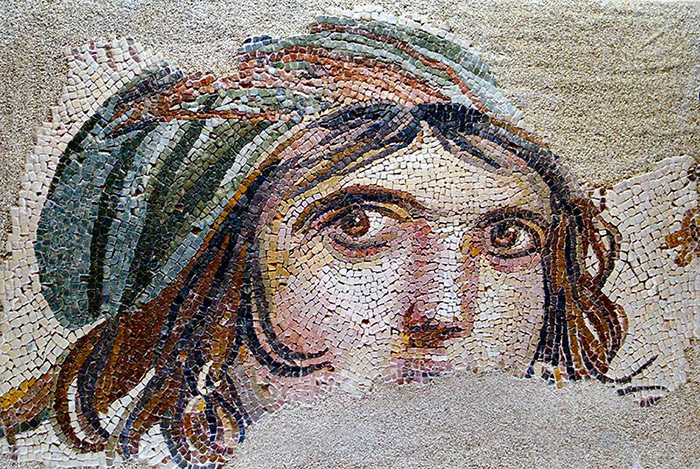
The Romans held the city until 253 AD, when Persian Sassanids took the city
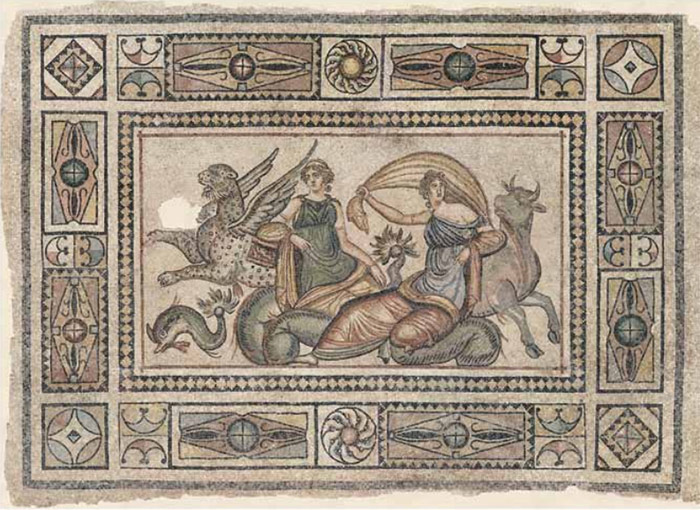
Pictured here are Oceanus and Tethys, Ancient Greek and Roman ocean deities
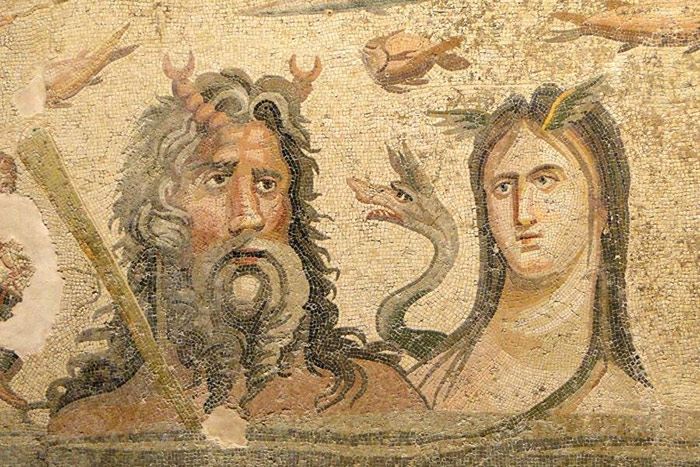
Pictured here is Poseidon, the god of the sea, on his war chariot
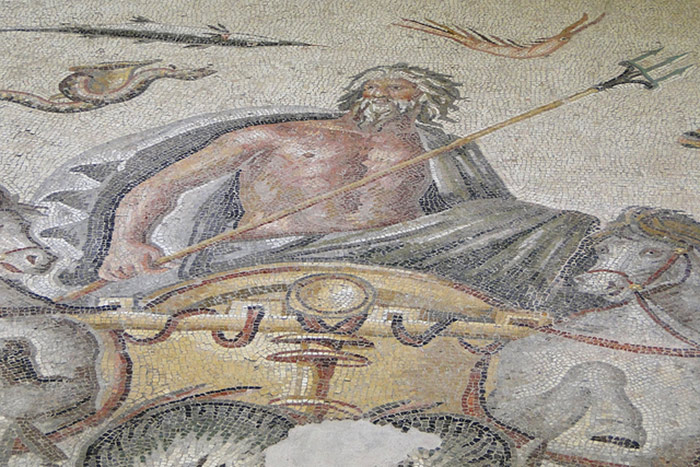
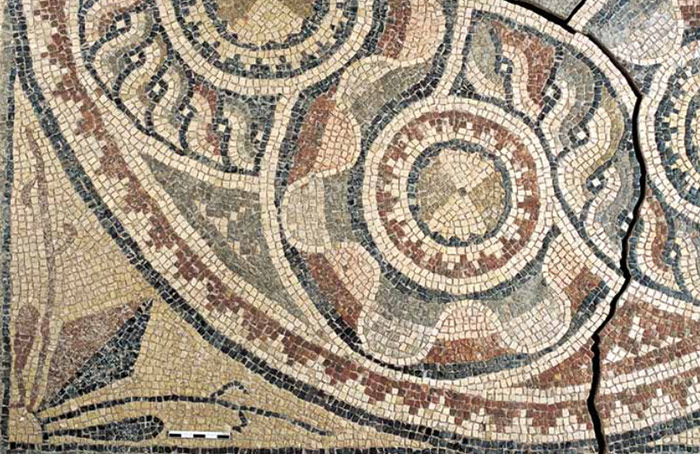
Meet Thalia, the muse of idyllic poetry and comedy
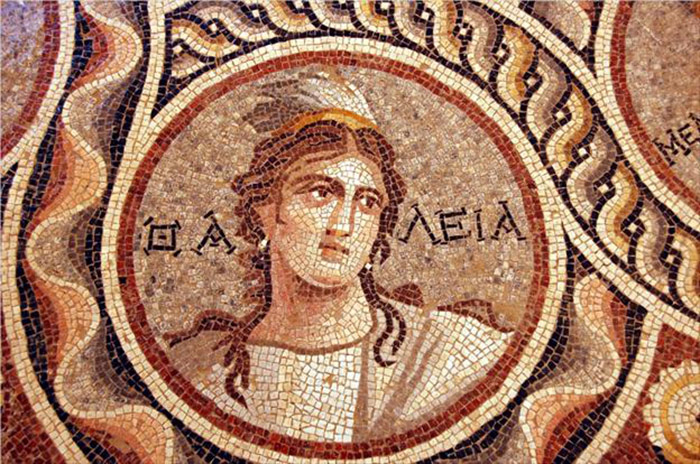

Leave a Reply